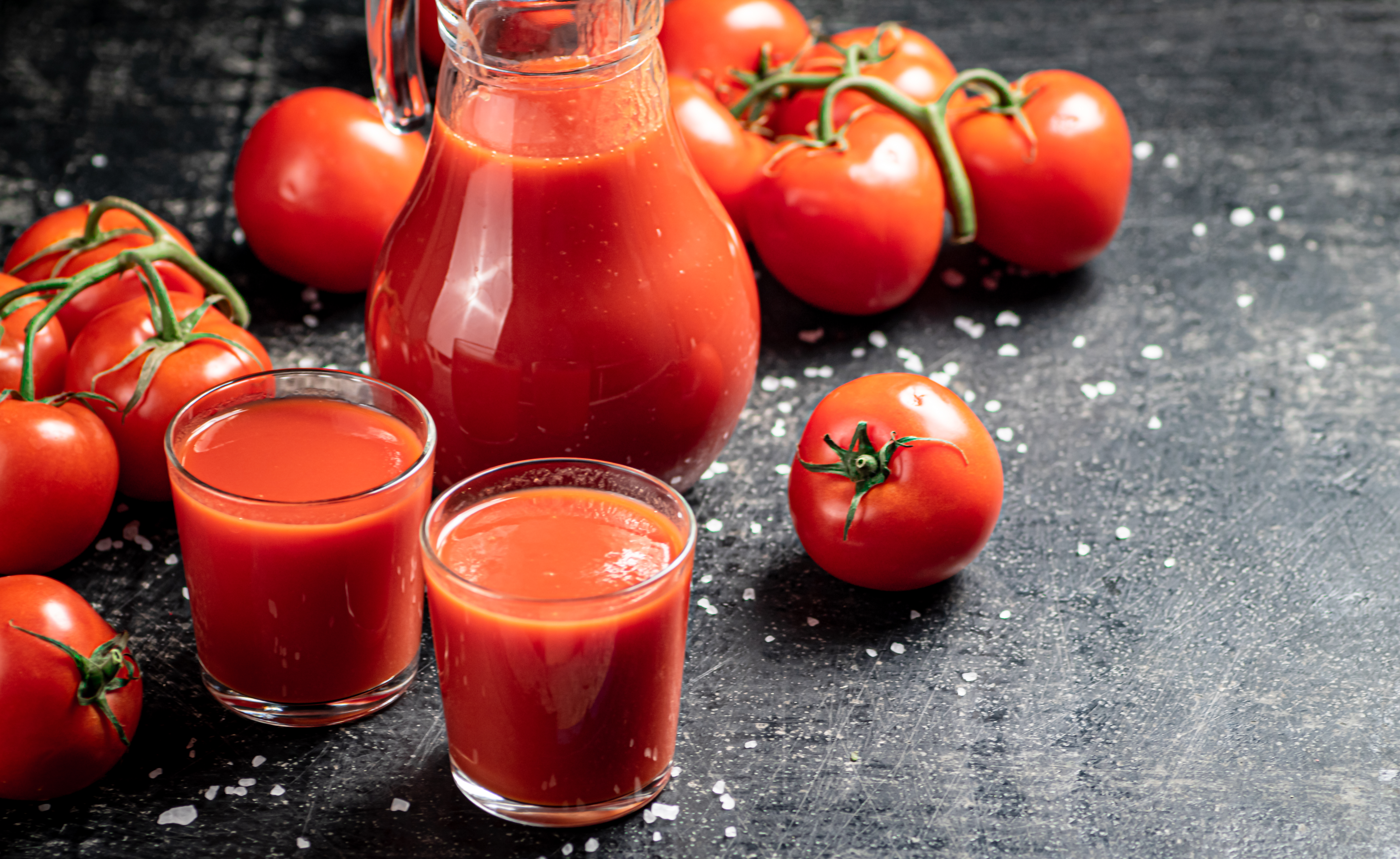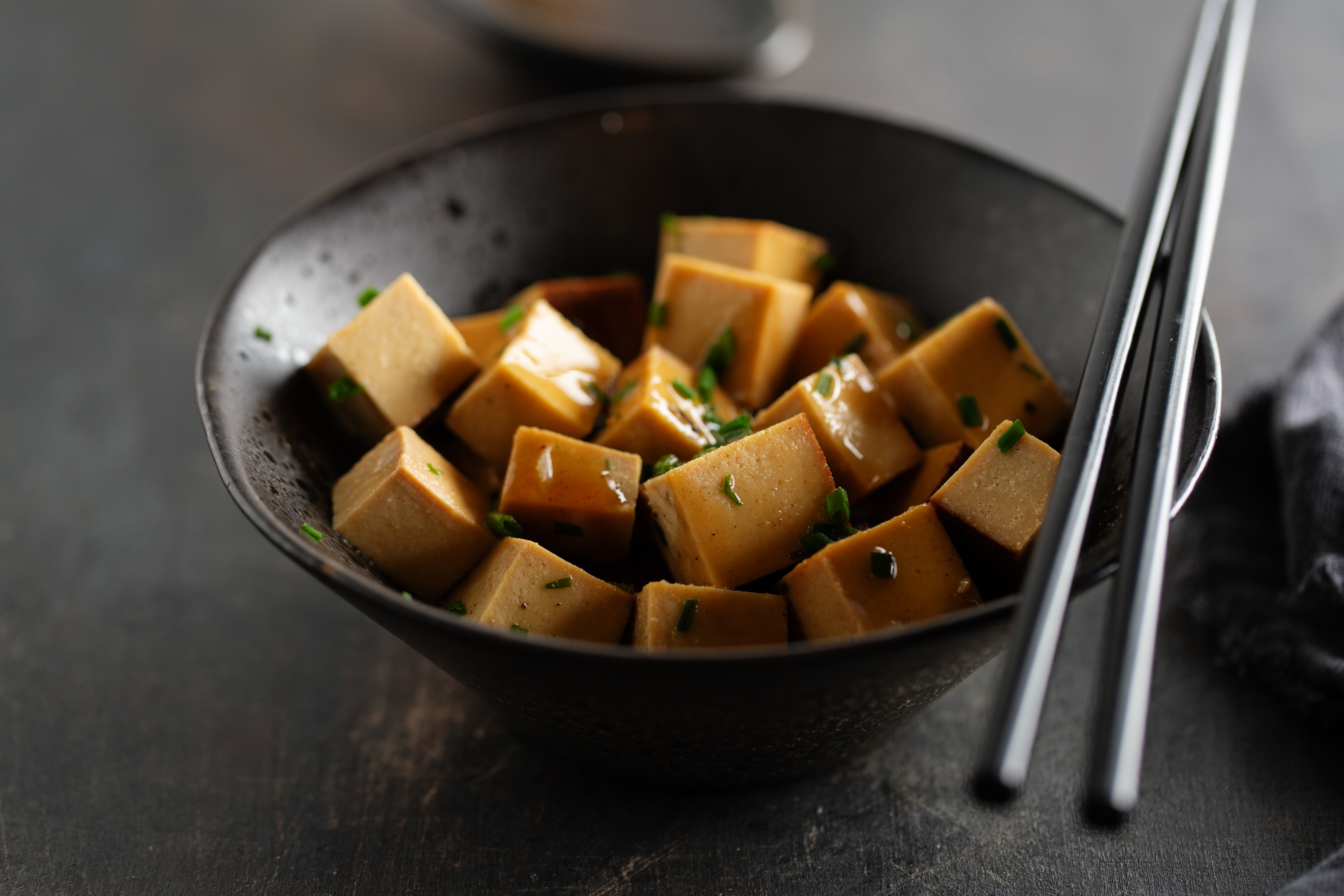Surprisingly High-Sodium Foods You're Eating Without Realizing
27. Tomato Juice and Vegetable Cocktails

Tomato juice might seem like a health-conscious choice, especially with its high lycopene content and savory flavor, but it’s also a sodium heavyweight. A typical 8-ounce serving of regular tomato juice can contain over 600 mg of sodium, which is nearly a third of the daily recommended limit. Even “low sodium” versions often hover around 150–200 mg per serving. Vegetable cocktail blends like V8 may promote their vitamin content, but they frequently include added salt or salty flavoring agents to extend shelf life and boost taste. Many people sip these as snacks or meal replacements, not realizing how much salt they’re consuming. To cut down on sodium, try juicing your own vegetables at home or diluting store-bought versions with water and herbs. This way, you can still enjoy the flavor and nutrients—without the salt overload.
28. Tofu (Pre-Seasoned or Marinated)

Tofu is widely praised as a plant-based protein staple, but not all tofu is created equal—especially when it comes to sodium content. While plain tofu is naturally low in sodium, many vacuum-sealed or pre-marinated varieties are packed with sodium-heavy flavorings to mimic the savory taste of meat or make them ready-to-eat. A single serving can deliver upwards of 400–500 mg of sodium, and flavored varieties like teriyaki, barbecue, or sesame-ginger can pack even more. Since tofu tends to soak up whatever it’s cooked in, the seasoning often penetrates the entire block, making it difficult to remove excess salt. If you’re watching your sodium intake, your best bet is to buy plain tofu and season it yourself with low-sodium soy sauce, citrus, garlic, or fresh herbs. You’ll get full flavor—without the unnecessary salt hit.
